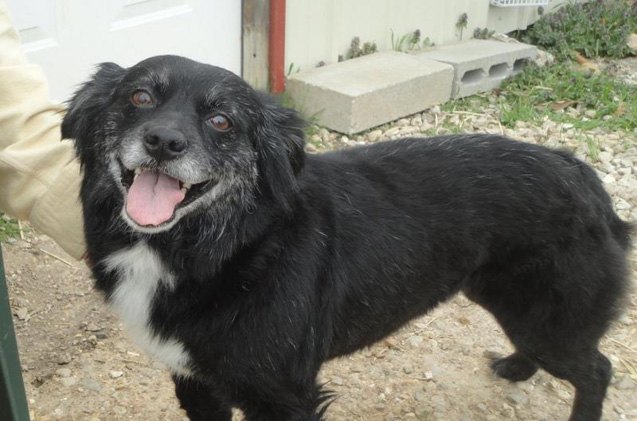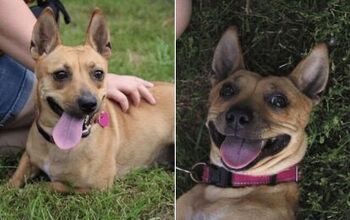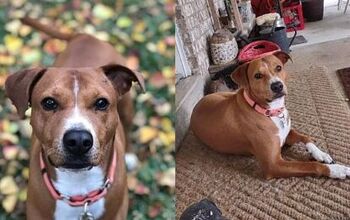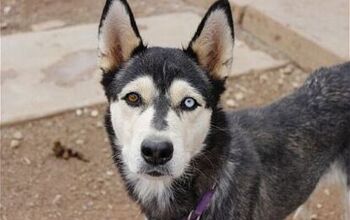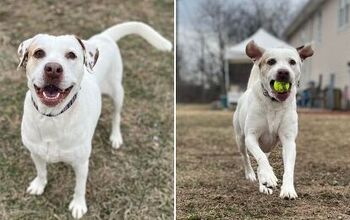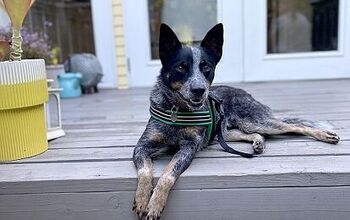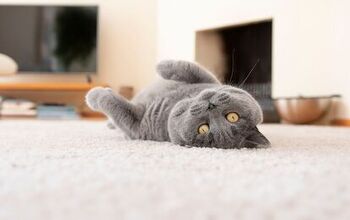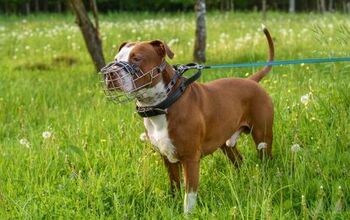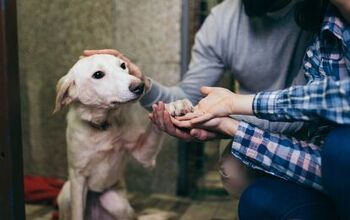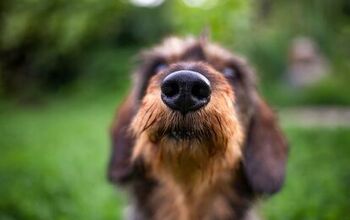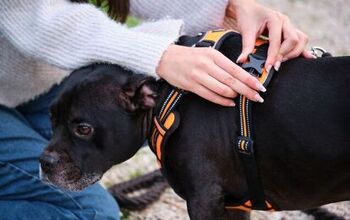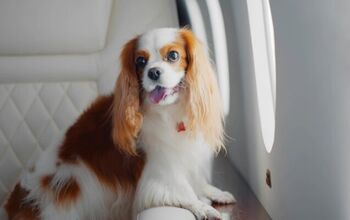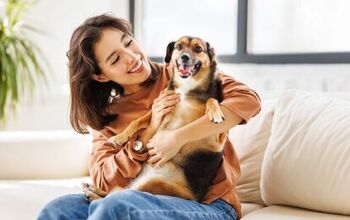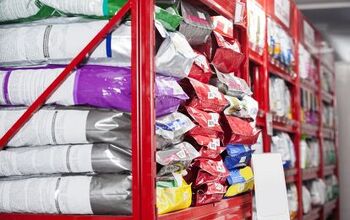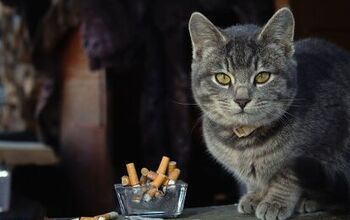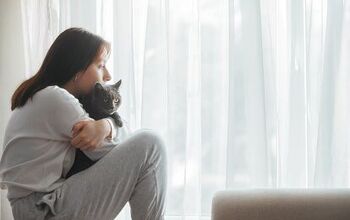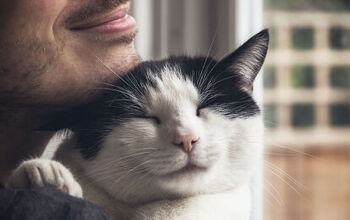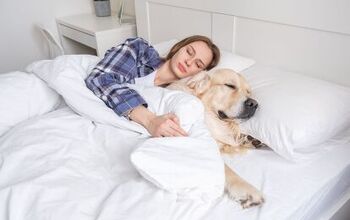As cat parents, we all love our feline family members. But that love doesn’t erase the frustration that comes with your cat turning into a furry alarm clock at precisely 3 am every morning. Why are they even up at that hour?In this article, we’ll address exactly that—the reasons for your cat’s nighttime activities and the steps you can take to reclaim your sleep once and for all.Let’s not waste any time…Why Does My Cat Wake Me Up Every Night? Having your sleep disturbed by your cat every night can be frustrating. But before you get upset with your furry friend, consider asking yourself why. Why are they waking you up? Why are they unable to settle in? There is a possibility that this could be your cat’s way of asking for or alerting you to something important. Here are a few of the more common reasons: Pain or Medical Problems This is most common in cats that once used to settle in fine and are now changing their nighttime routine. If your cat is feeling “off,” whether it’s due to discomfort or pain, it may be preventing them from relaxing or sleeping at night. To rule this out, you must make an appointment with your veterinarian. Pay careful attention to any other signs of trouble, including: Panting Changes in eating habits “Accidents” or failure to use their litterbox like usual Excessive vocalization (meowing, howling, hissing)Loss of interest in toys, furniture, or activities they once loved Overgrooming or failure to groom Hiding or reluctance to be handledIrritability or uncharacteristic aggression When you speak with your veterinarian, explain all behavior changes or reasons for concern that you have recorded. If you're unsure, we recommend keeping a journal. This will help you spot patterns and red flags. Feline Dementia Cognitive Dysfunction Syndrome (CDS) in cats is similar to Alzheimer’s disease in humans. As our cats get older, one of the unfortunate age-related symptoms they suffer is a change in their mental state. They may start to act confused, seem unfamiliar with their surroundings, stare blankly into space, or struggle to follow household rules that were once deeply ingrained. If your cat has CDS, they may vocalize loudly at night because they don’t remember where they are or can’t find you. This behavior is often a sign of feeling anxious, fearful, or stressed out. Cat parents who know they have a kitty with CDS may need to keep their cat in a contained “safe place” at night to prevent them from wandering and becoming lost, as it can be incredibly distressing for them. Feeling Hungry Do you have a cat that is highly food-driven? I do! Speaking from experience, an empty food dish can trigger quite a commotion. Our food-driven cat Jinx is quick to let us know when she’s hungry and doesn’t have access to something tasty. In the same way, it could also be your cat’s way of letting you know that their water dish or fountain is running low. Lack of Daytime Activity/Stimulation Cats require mental and physical exercise throughout their day to live a happy, healthy life. When they don’t have this, they can feel bored and exhibit “bad” behaviors like scratching furniture, tearing about the toilet paper, overgrooming, or becoming overly vocal. Much like the cats who are trying to communicate that their food or water dishes are empty, these cats are trying to tell you that they are missing something essential in their lives. It is most common in cats living in a smaller space with few opportunities to engage in their natural behaviors, such as climbing, scratching, hunting, and hiding. Feeling Lonely Despite their aloof and sassy personalities, cats are actually social animals. This is why you find stray cats living in colonies. Your cat’s social needs can be met by you, other people in the house, a second cat (or third or fourth…), or even another animal, like a dog. But they need to have someone they can connect with. Are you your cat’s person? Even if you spend a few hours focused entirely on them before heading to bed, your absence may be difficult for them. Cats can experience separation anxiety, even if the only separation is that you are in a different room, leaving them alone. Differing SchedulesCats are naturally most active at dawn and dusk, which is known as being crepuscular. While some cats will adjust their schedules to match their human family members a little closer, doing so goes against their natural instincts (unless you work a night shift). Other crepuscular pets include hamsters, rats, mice, rabbits, ferrets, and chinchillas. Your cat will likely wake up to get attention or play with you throughout the day, but they will also take many naps. Our cats spend much of their day stretched out in a patch of sunshine, soaking up the warmth and recharging. In general, cats are most energetic first thing in the morning as the sun rises and again just as the average person is getting ready for bed.





